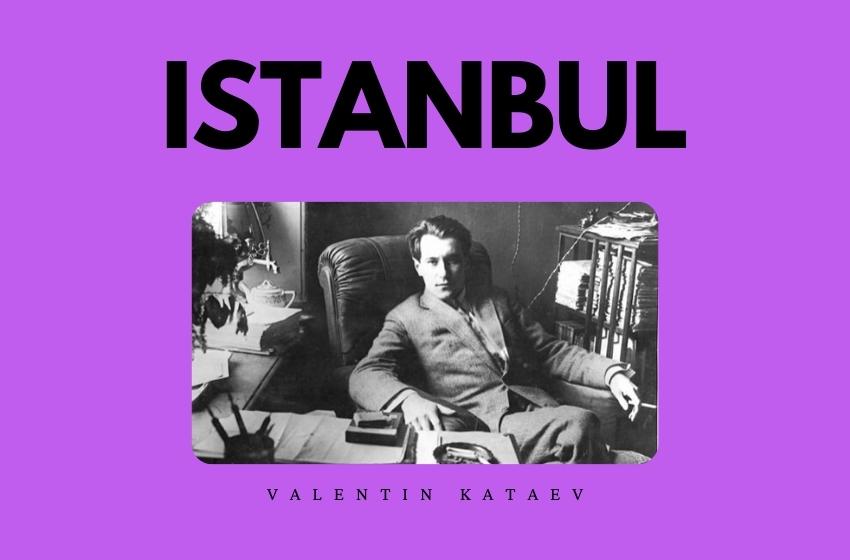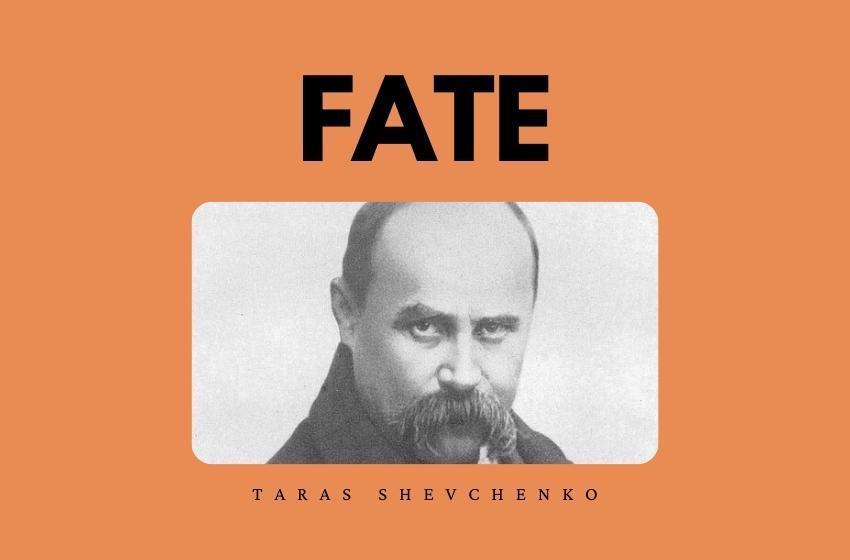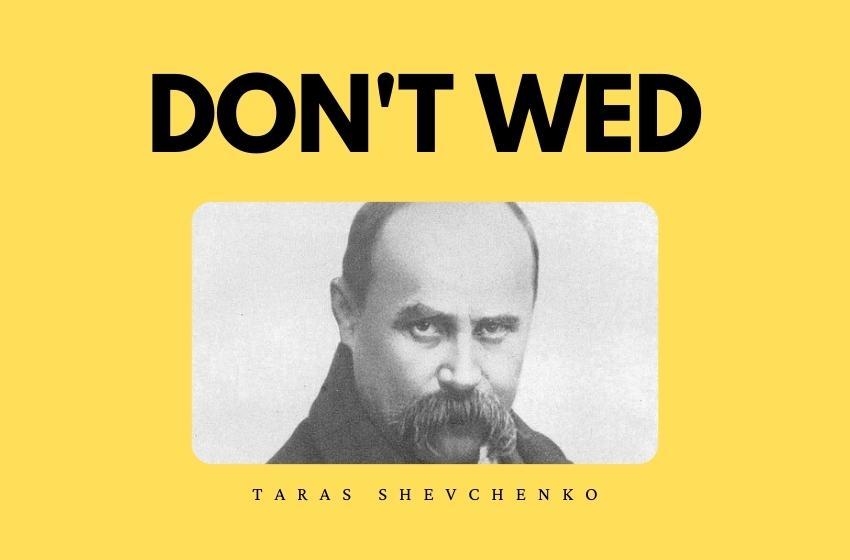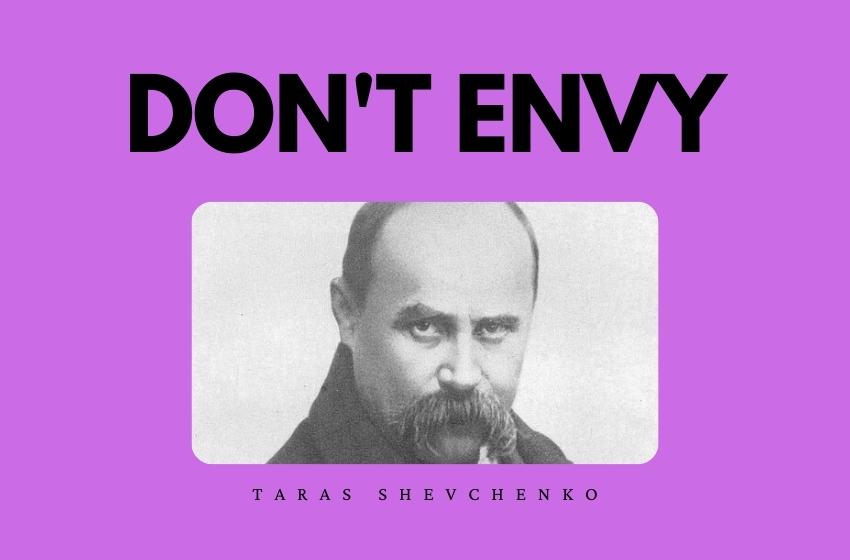The biggest impression of those first days was the sight of the open sea. For a day and two nights, between Odessa and the Bosporus, there was no land in sight. The ship was making good speed, yet it seemed to be motionless in the centre of a blue circle.
At noon, when the sun was directly overhead, Petya could not figure out which way they were heading.
There was something entrancing about this seeming immobility, about the empty horizon and the triumph of the two blue elements—sea and sky— etween which Petya's whole existence seemed to be suspended.
At dawn of the second day he was awakened by the sound .of running feet overhead. The ship's bell was ringing, the engines had stopped and in the unusual stillness he could hear the clear gurgling sound of water lapping at the ship's side. He looked out the porthole and through the early morning mist saw a steep green bank. There was a little lighthouse and a barrack with a tiled roof on the bank.
Petya threw on his clothes and ran up on deck. A Turkish pilot in a red fez was standing next to the captain, and the ship inched slowly into the green lane of the Zoospores. The lane widened and narrowed like a meandering river. At times the bank would be so close that Petya thought he could stretch his arm and touch the leaning white tombstones chaotically scattered among the cypresses in the Moslem cemetery, the poppy-red flag with the crescent in the middle that waved over the custom-house, or the turf-covered earthwork of the shore batteries.
This was Turkey—they were now abroad, in a foreign country, and Petya suddenly felt a sharp pang of longing for his homeland, and, at the same time, a burning curiosity. The homesickness remained with him until he returned to Russia.
The sun was now quite high, and by the time they reached the Golden Horn and dropped anchor in the roads of Constantinople Bay the warm reflections of the water sparkled and gleamed all over the ship—from water-line to mast-top.
From then on the Bachei family was possessed by a madness common to all
inexperienced tourists. They felt that every minute was precious and wanted to set out immediately to see all the sights of this most wonderful city, the panorama of which was so close that they could see the ant-like coming and going of crowds of people, the cupolas of the broad, tall mosques and the spires of the minarets.
They decided to forego breakfast and waited impatiently for a shrewdlooking Turkish official, who had been given several silver piastres, to scribble something in Father's passport; the scribble turned out to be the Sign of Osman. The moment the Bacheis went down the gangway, they were pounced upon by artful boatmen. Finally, they flopped on to the velvet cushions of a wherry and, for two lire, were rowed ashore.
Everything that happened afterwards merged for Petya into a sensation of an endless, scorching, tiring day — the deafening babble of the truly Eastern bazaars, the equally Eastern deathly quiet of the huge deserted courts around the mosques and the stony museum-like iciness inside. At every step they parted with a steady stream of lire, piastres, paras, and copper medjidies, coins which delighted the boys with their inscriptions in Turkish and the strange Sign of Osman.
In Turkey the Bachei family first came in contact with that terrible phenomena known as guides, and guides pursued them for the remainder of their trip. There were Greek guides, Italian guides, and Swiss guides. Despite specific national traits, they all had something in common: they stuck like leeches. But the Constantinople guides left the others far behind.
The minute the Bacheis set foot on the pavements of Constantinople they were besieged by guides. The scene with the rival boatmen was repeated. The guides battled for their prey; it was a real free-for-all and massacre, to which no one paid the slightest heed.
The guides poured torrents of filth on each other in every language and dialect of the Levant; they tore at each other's starched dickeys, swung their sticks with contorted faces, elbowed each other, turned round and kicked out like mules.
In the end the Bacheis were claimed by an impressive-looking guide who had vanquished his opponents with the help of a policeman friend. He wore a morning coat that had faded badly under the arms, striped trousers, and a red fez. His wildly-dilated nostrils and coal-black janissary moustache expressed a determination to conquer or to die; however, in every other aspect his face, and especially his frightened baggy eyes, wreathed in smiles, bespoke a desire immediately to show the tourists all there was to see in Constantinople: Pera, Galata, Yildiz Kiosk, the Fountain of Snakes, the Seven-Towered Palace, the ancient water-line, the catacombs, the wild dogs, the famous St. Sophia Mosque, Sultan Ahmed's Mosque, Suleiman's Mosque, Osman's Mosque, Selim's Mosque, Bayezid's Mosque, and all the two hundred and twenty-seven other large and six hundred and sixty-four smaller mosques in the city—in other words, he was at their complete disposal.
He bundled them into a gleaming phaeton drawn by two horses, jumped on the step, looked round wildly, and told the driver not to spare the whip.
They were all in by evening, so much so that Pavlik fell asleep in the boat on the way back to the ship and had to be carried up the gangway.
Vasily Petrovich was aghast at the day's expenditure, not counting the fact that the breakfast and lunch due them on the ship had gone to waste. He decided not to have a guide next day, an intention that was furthered by the fact that that night the Palermo was taken from the outer roads to a berth to take on cargo along with a dozen other ships.
There could tie no chance of the guide finding them in the monotonous chaos of the crowded pier. They slept like logs in the small overheated cabin, oblivious to the clatter of the winches and the swift flashes of the multicoloured harbour lights that filtered in through the porthole.
They awoke to a dazzling morning sun and the magic panorama of Istanbul. Vasily Petrovich and the boys hastened down the gangway. This was their last day ashore and they had to get as much out of it as they possibly could.
The first person they saw as they stepped down on the pier was their guide of the day before. He waved his bamboo cane over his head in greeting. The
phaeton and the copper-faced, docile Macedonian on the coach-box were nearby.
It was the day before all over again, with the added attraction of being taken through the bazaars and the curio shops of the guide's friends. Souvenir-buying turned out to be just as ruinous an undertaking as the guided tour. But the Bacheis, hypnotized by their impressions, had reached that stage of tourist fever when people shed all will-power and, with something akin to the lunatic's loss of reason, submit to their guide's every whim.
They bought stacks of crudely-coloured postcards of the places they had just seen; they parted with piastres and lire for cypress rosaries, for glass balls with coloured spirals, for tropical shells, for paper-knives, and for exactly the same kind of aluminium pen-nibs that were on sale at the Fair in Odessa.
At the Greek Monastery monks palmed off on them a yellow wooden box. Through the huge magnifying glass on the lid they were supposed to see a view of Athos. The box cost six piastres.
They came to their senses only in the European quarter of the city when they found themselves amid the sumptuous stores, restaurants, banks, and embassies set in the luxuriant dark verdure of southern gardens. The guide inveigled them into a friend's camera shop to buy Kodaks, and then he suggested dining at an exclusive French restaurant.
At this stage Vasily Petrovich came to, rebelled, and fleeing from luxury and extravagance, went to the other extreme by heading for Constantinople's slums, where they saw human misery at its lowest.
The slums shook Petya to the depths of his soul, and not even the visit to Scutari on the Asiatic shore could immediately restore his equilibrium.
The motor boat raced across the Bosporus, cleaving the green water with its
prow, leaving two diverging glistening furrows in its wake. Hundreds of wherries were reflected in the waters of the still, lake-like strait. Turkish merchants, officials with brief cases, and officers travelling to and from Scutari, sat on velvet cushions under the light canopies.
Wet oars glittered all over the bay as they caught the sun's rays. The smell of
thyme and savoury was borne to them from the Asiatic shore. But Petya could not erase the memory of the foul-smelling slums and the swarms of green flies buzzing around the festering sores of the beggars.
The moment they moored in Scutari the guide rushed on with renewed
energy, determined not to miss a single one of the sights. Alas, our travellers
were quite spent.
There was a bazaar nearby and they made for a stand with cool drinks. The
lemonade with a strange flavour of anise drops was heavenly. They drank pink ice-water and ate coloured ice-cream. Then they turned to the wonderful variety of Eastern sweets.
Vasily Petrovich was always opposed to giving children too many sweets, since they were bad for teeth and appetite. But this time he could not resist the temptation of trying the baklava that was swimming in honey, or the salted pistachio nuts whose bony shells had burst at the tips, like the fingers of a kid glove, so that the green kernels peeped through.
The sweets made them thirsty, and the cool drinks made them eat more sweets. The incident of Grandma's jam was still fresh in Petya's memory and he moderated his intake accordingly. But Pavlik was insatiable. He ate and ate. And when Father flatly refused to buy any more, Pavlik dived into the crowd and emerged a few minutes later, carrying a rather large box with bright lacquered pictures pasted all over it. It was a box of the best rahat-lakoum.
"Where did you get that?" Father asked severely.
"I bought it," Pavlik answered with bravado.
"What with?"
"I had a piastre and a half."
"Where did you get the money?"
"I won it!" Pavlik said proudly.
"What do you mean, you won it? Where? When? From whom?"
And so the whole story came out. While Father had been busy studying the
planning of their travels and balancing expenses, while Petya had been spending his time on deck, Pavlik had made friends with the Italian waiter and had been introduced to the society of the second-class restaurant personnel. He had played lotto with them, using the three kopeks he had found in his pocket and which the Italian waiter changed into Turkish currency. Pavlik had been lucky, he had won a few piastres. Vasily Petrovich seized Pavlik by the shoulders and began to shout and shake the life out of him, heedless of the fact that they were in the middle of a large oriental bazaar.
"How dare you gamble? Wretch! How many times have I told you that no one with any respect for himself plays for money! And with ... with foreigners!"
Pavlik was feeling sick from the sweets and began to howl—he did not share his father's ideas about gambling, especially since he had been so lucky at it.
Father was livid, there was no telling how it would have ended if the guide had not suddenly looked at his gold-plated American watch with four lids. They had just two hours left till sailing time.
All they needed now was to miss the boat! They rushed to the pier and jumped into the first wherry they saw without bothering to bargain down the price. Soon they were safely on board the Palermo. She had finished loading and had moved out into the harbour, ready to sail.
The parting with their guide was a dramatic scene. He had received his fee of two lire, but remained standing in the rocking boat on legs as all-enduring as those of an old wolf, watching Vasily Petrovich land the boys climb up the ladder. Then he began to ask for baksheesh.
He had always been very eloquent, a necessary accomplishment in his profession, but this time he outdid himself. He usually spoke three European languages simultaneously, inserting only the essential words in Russian. Now, however, he spoke mostly in Russian, inserting French phrases from time to time. His speech sounded something like a monologue out of the pseudoclassical tragedies of Racine and Corneille.
The language was obscure, the meaning clear. Extending his hand, which
was covered with copper rings glittering with paste diamonds, and speaking as passionately as when he described the wonders of the city, he told them of his poverty-stricken family, burdened by a paralysed grandmother and four small children who had neither milk nor clothing. He complained of approaching old age, of his trouble with the police who fleeced him of most of his earnings, of a chronic ulcer, of unbearable taxes, of the cutthroat competition. He begged them to take pity on an aged, penniless Turk who had dedicated his whole life to tourists. His thick greying eyebrows raised, his face took on a tragic expression,
and the tears streamed down his cheeks.
All this could have passed for charlatanry, pure and simple, were it not for
the genuine human suffering in his frightened brown eyes. Unable to withstand his pleading, Vasily Petrovich took the last Turkish coins from his pockets and poured them into the guide's outstretched hand.
Translated by Fainna Solasko and Eve Manning





















